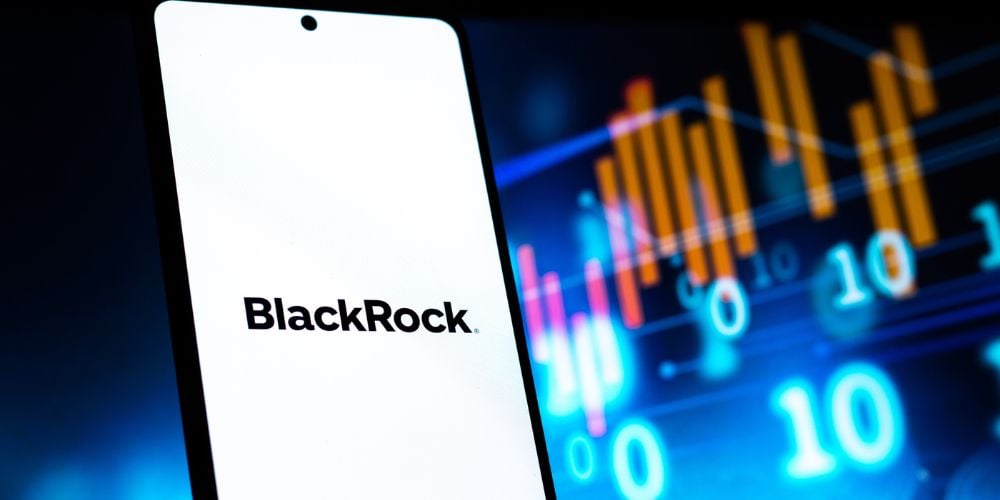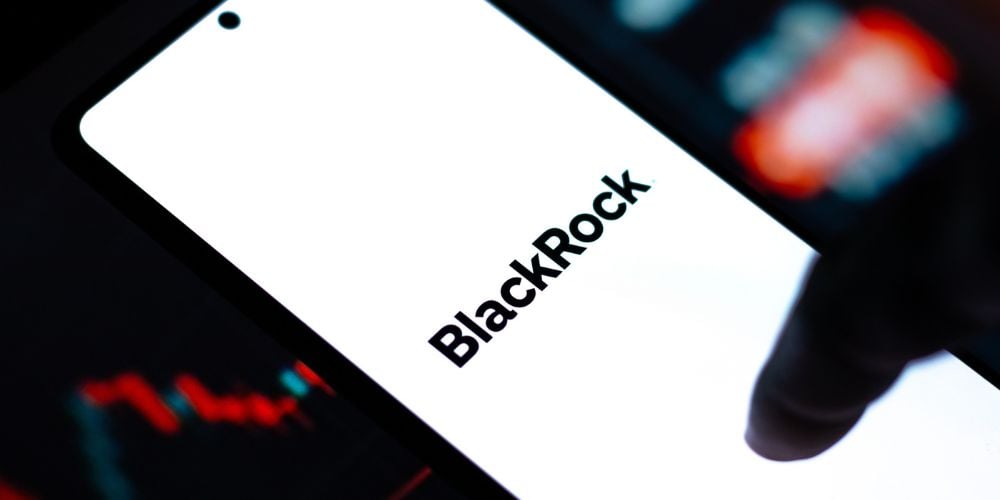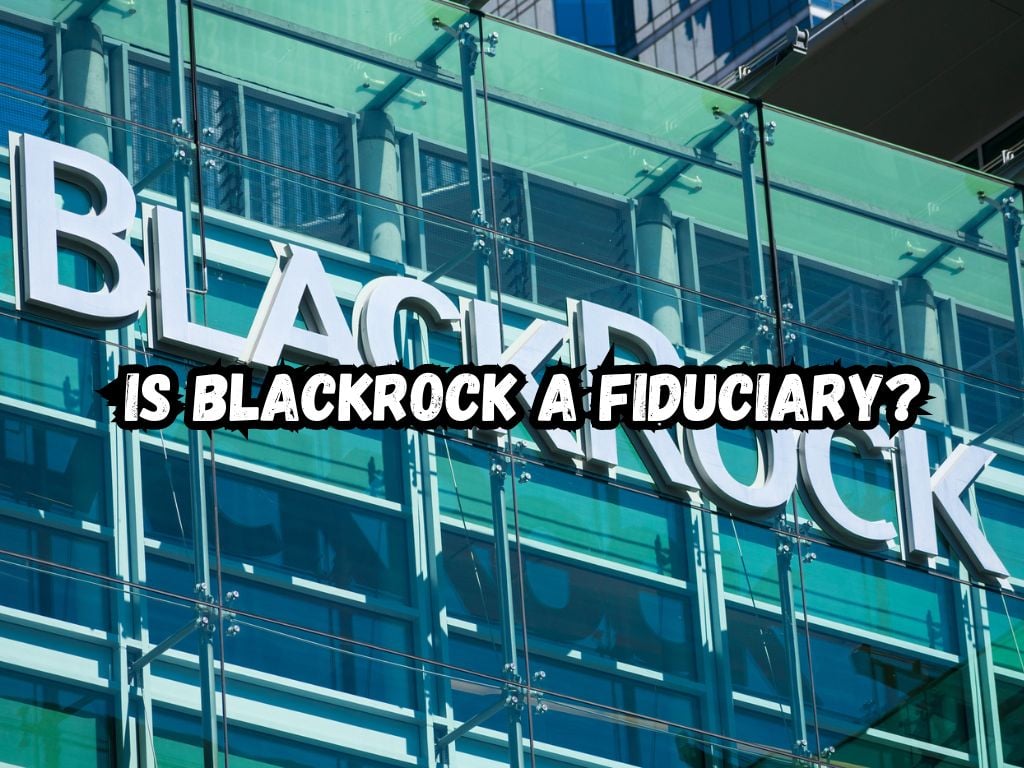BlackRock, one of the world’s largest investment management firms, plays a pivotal role in the financial industry.
As investors seek trustworthy and reliable entities to manage their assets, the question arises: Is BlackRock a fiduciary?
To shed light on this matter, it is essential to explore the concept of fiduciary duty, understand BlackRock’s mission and principles, and examine their role as a global investment manager.
By doing so, we can discern whether BlackRock truly upholds its fiduciary responsibilities.
Is BlackRock a Fiduciary?
Yes, BlackRock is a fiduciary. As a Registered Investment Advisor (RIA) regulated by the SEC, BlackRock has a fiduciary duty to act in the best interests of its clients.
The company states this fiduciary responsibility on their website, which emphasizes that it strives to foster financial well-being for their clients.
What is a Fiduciary?
Understanding the concept of fiduciary duty
Before delving into BlackRock’s fiduciary status, it is vital to understand the concept of fiduciary duty. A fiduciary is an individual or entity entrusted with the responsibility of managing the interests of another party.
Fiduciaries are legally and ethically obligated to act in the best interests of their clients, prioritizing their financial well-being.
This duty requires fiduciaries to exercise loyalty, prudence, and utmost care when making investment decisions on behalf of their clients. As such, being a fiduciary is of paramount importance for investment firms like BlackRock.

BlackRock’s Mission and Principles
BlackRock’s commitment to fiduciary duty
BlackRock’s mission is centered on facilitating financial well-being for their clients. Their commitment to acting as a fiduciary is evident in their principles. They strive to put clients first, emphasizing the importance of long-term value creation and sustainable investing.
BlackRock’s mission and principles emphasize their dedication to fulfilling their fiduciary duty by prioritizing client interests. As stated on their website, “Our commitment to you is at the core of everything we do.”
BlackRock’s Role as a Global Investment Manager
A deep dive into BlackRock’s fiduciary role
BlackRock’s status as a global investment manager underlines the significance of their fiduciary duty. With over $9 trillion in assets under management, they hold a substantial position in the financial industry. BlackRock’s purpose is to help clients achieve their financial goals, making investment decisions that align with their interests.
As a fiduciary, BlackRock is responsible for understanding each client’s financial objectives, providing appropriate investment strategies, and ensuring reliable and effective asset management. This commitment to providing comprehensive investment solutions showcases their fiduciary responsibilities.
According to a report published by the company, BlackRock’s investment stewardship activities further reflect their fiduciary role. Their engagement and proxy voting services aim to protect and enhance long-term shareholder value, holding companies accountable for their actions and decisions.
By actively participating in corporate governance matters, BlackRock plays an integral role as a fiduciary in safeguarding the interests of their clients.
BlackRock’s Reputation and Market Impact
Examining BlackRock’s influence and reputation as a fiduciary
BlackRock’s influence in the market further bolsters its fiduciary role. As one of the largest investment management firms, their decisions and actions can have a significant impact on investments worldwide. BlackRock’s reputation as a fiduciary is built on their ability to navigate market complexities and deliver consistent results.
Their focus on risk management and delivering long-term sustainable performance has garnered trust and confidence among clients.
However, as a powerful market player, BlackRock has faced criticism and controversies regarding its fiduciary duty. Some have raised concerns about potential conflicts of interest due to BlackRock’s ownership stakes in various companies.
Critics argue that these ownership stakes could compromise BlackRock’s fiduciary responsibility by prioritizing their own interests over those of their clients. Addressing these concerns is crucial for BlackRock to maintain its reputation as a trustworthy fiduciary.
The Debate: Investment Fiduciary vs. Political Activism
Analyzing the conflict between fiduciary responsibility and political activism
One area of contention surrounding BlackRock’s fiduciary responsibility is its involvement in shareholder activism and political engagements. While BlackRock maintains its fiduciary duty to clients, some argue that engaging in political activities can potentially conflict with this role.
Critics claim that political activism may divert attention and resources from fulfilling their clients’ best interests. However, others argue that engaging in political and societal issues aligns with long-term value creation and can indirectly benefit clients.
BlackRock itself acknowledges the importance of balancing fiduciary responsibility and broader societal impact. In its 2021 letter to CEOs, the company emphasized the integration of Environmental, Social, and Governance (ESG) factors into investment processes.
By considering these factors, BlackRock aims to promote responsible investment practices and address systemic risks. However, the debate persists as to whether such engagements align with their fiduciary duty or if they stray into areas beyond their commensurate expertise.

BlackRock’s Approach to Environmental, Social, and Corporate Governance (ESG)
Evaluating BlackRock’s approach to ESG and its impact on fiduciary duty
The incorporation of ESG factors into investment decision-making is another aspect to consider in evaluating BlackRock’s fiduciary role. BlackRock actively integrates ESG considerations into their investment processes and encourages companies to prioritize sustainable practices.
They advocate for greater transparency and disclosure on ESG aspects, believing that these factors drive long-term value.
However, some have raised concerns about the challenges of balancing ESG factors with fiduciary responsibilities. Critics argue that prioritizing ESG considerations could lead to potential trade-offs in investment performance.
Striking the right balance becomes crucial for BlackRock, ensuring that while they uphold their fiduciary duty, they also contribute to broader sustainability goals.
Frequently Asked Questions
What is a fiduciary?
A fiduciary refers to an individual or entity entrusted with managing the interests of another party, obligated to act in the best interests of the clients they serve.
How does BlackRock prioritize clients’ interests?
BlackRock prioritizes clients’ interests by ensuring their investment decisions are aligned with clients’ long-term financial goals. They emphasize long-term value creation and sustainable investing principles.
Does BlackRock face any conflicts of interest in fulfilling its fiduciary duty?
As one of the largest investment management firms, BlackRock faces scrutiny regarding potential conflicts of interest, particularly related to its ownership stakes in various companies. Addressing these concerns is critical for BlackRock to maintain its fiduciary responsibilities.
Conclusion
BlackRock’s position as a fiduciary is supported by its mission, principles, and reputation as a global investment manager. Their commitment to clients’ interests and their significant market impact reinforce their fiduciary responsibilities.
However, the ongoing debate regarding political activism and the complexities of incorporating ESG considerations highlight the challenges faced by BlackRock in balancing fiduciary obligations with broader societal and environmental factors.
As BlackRock continues to navigate these challenges, their fiduciary status will remain a topic of scrutiny and discussion.


 Tags:
Tags:










